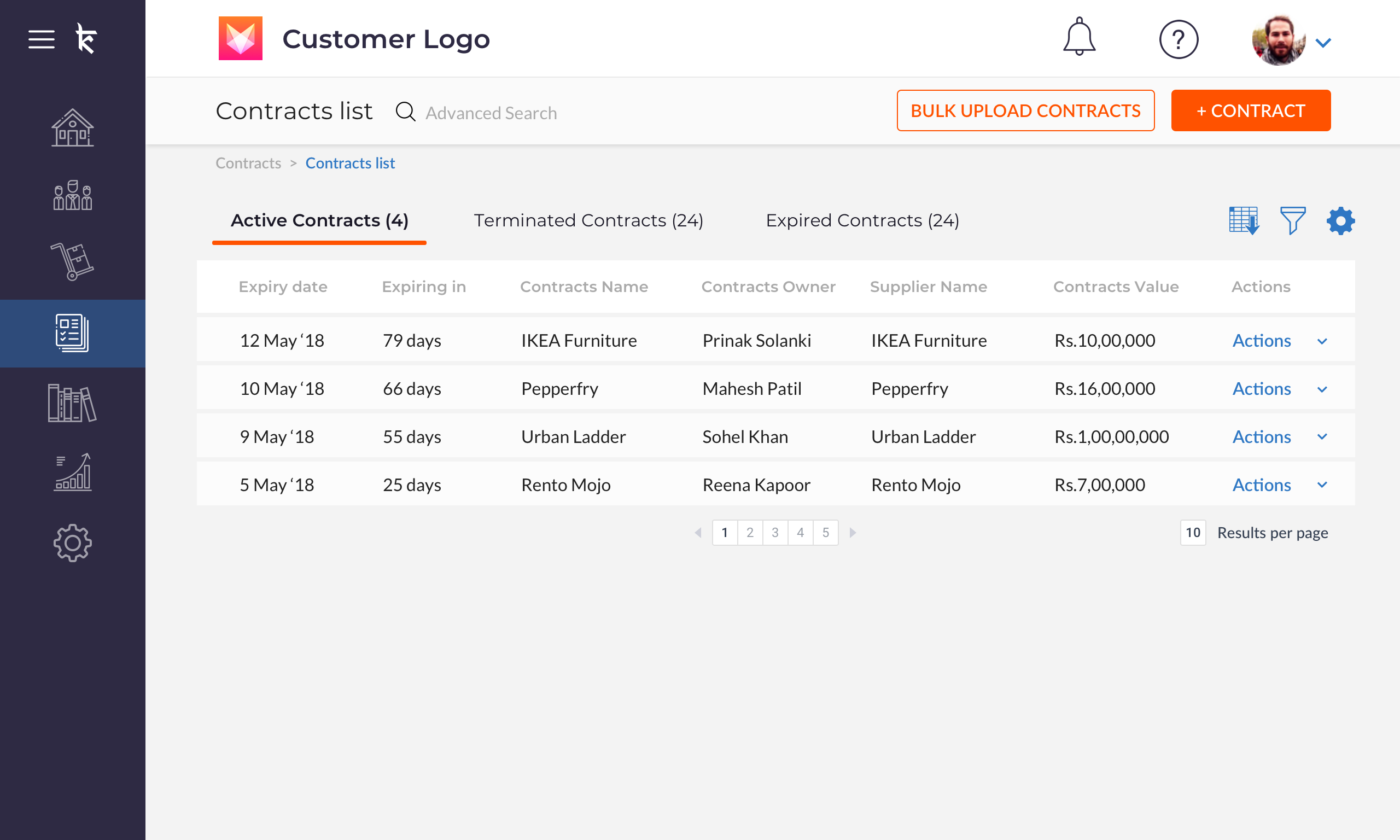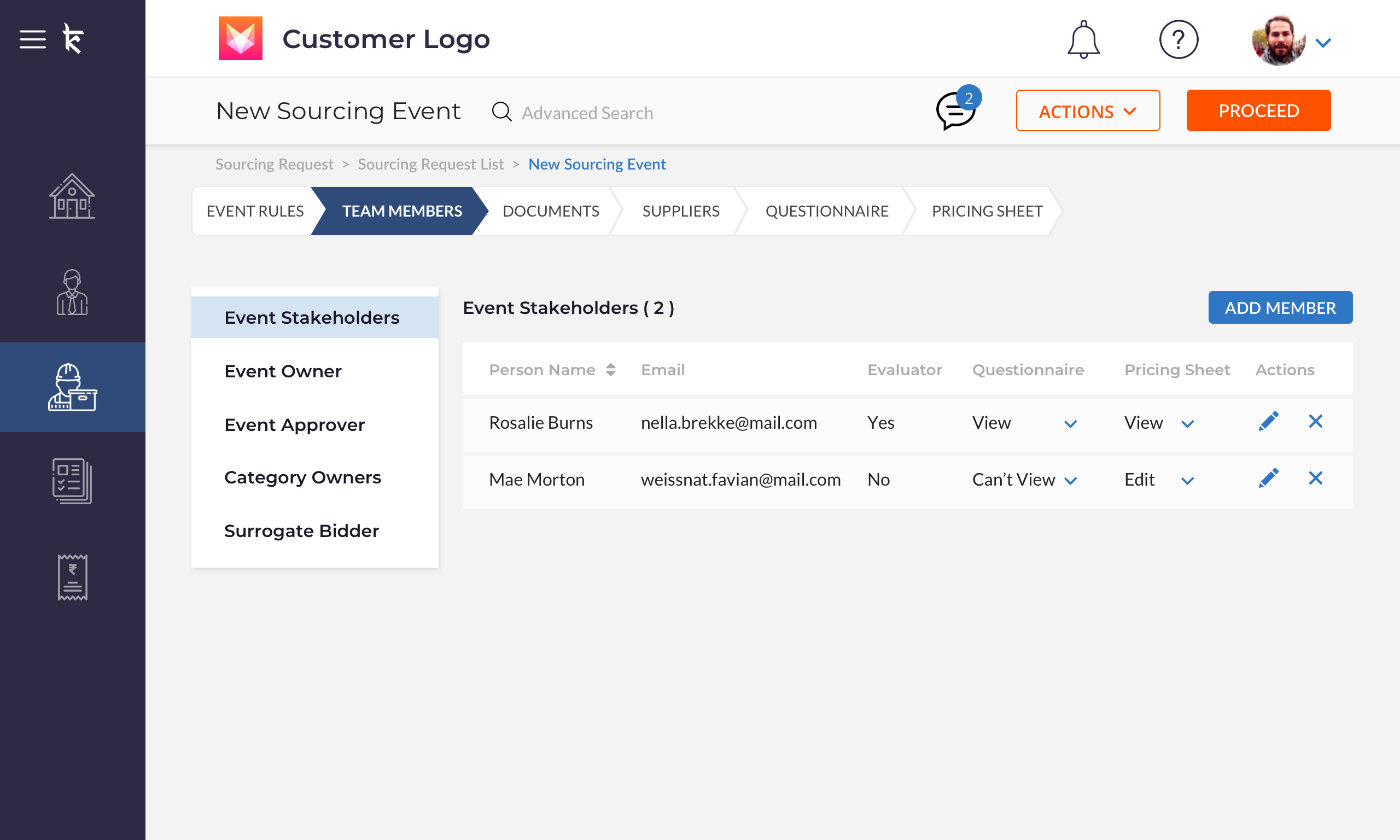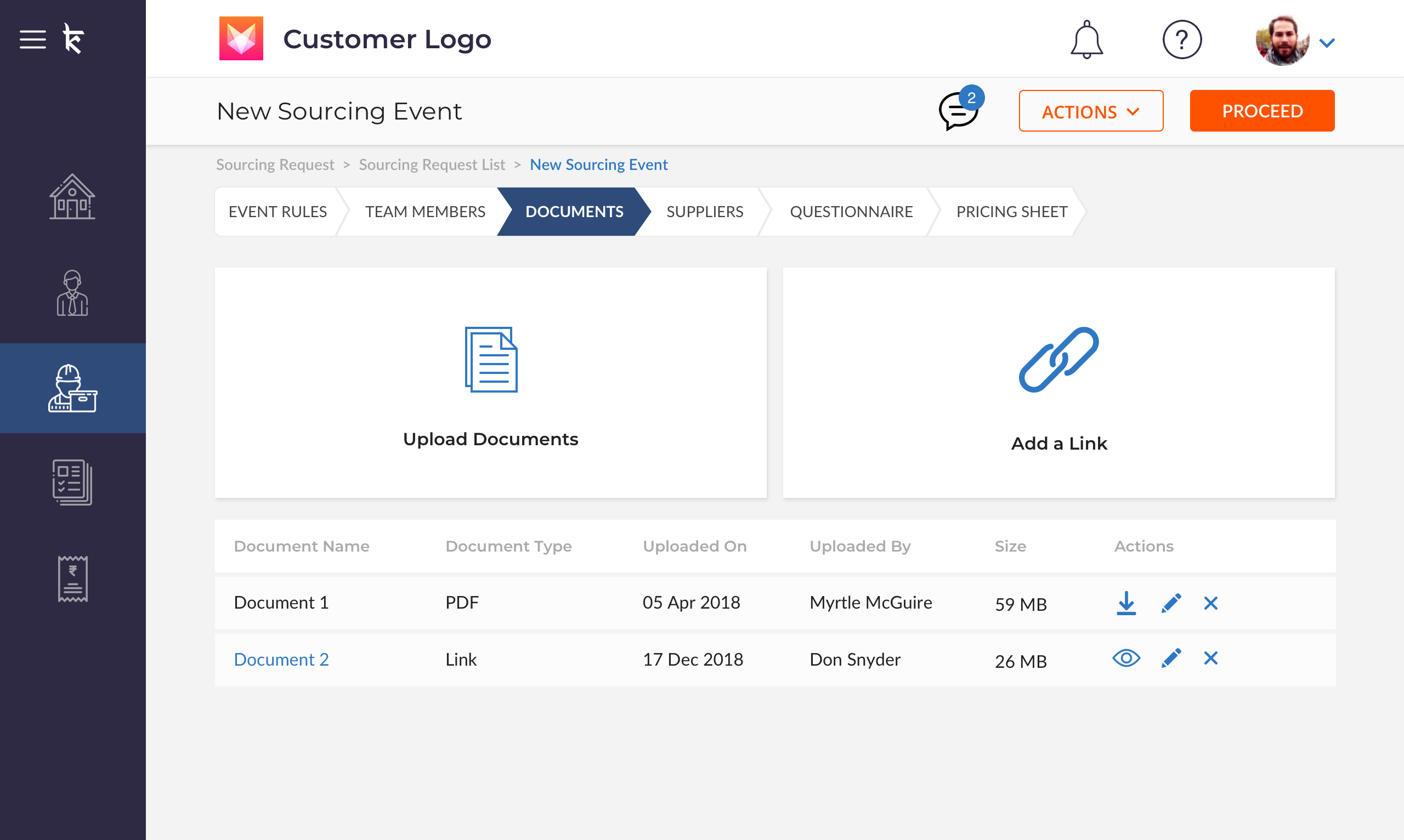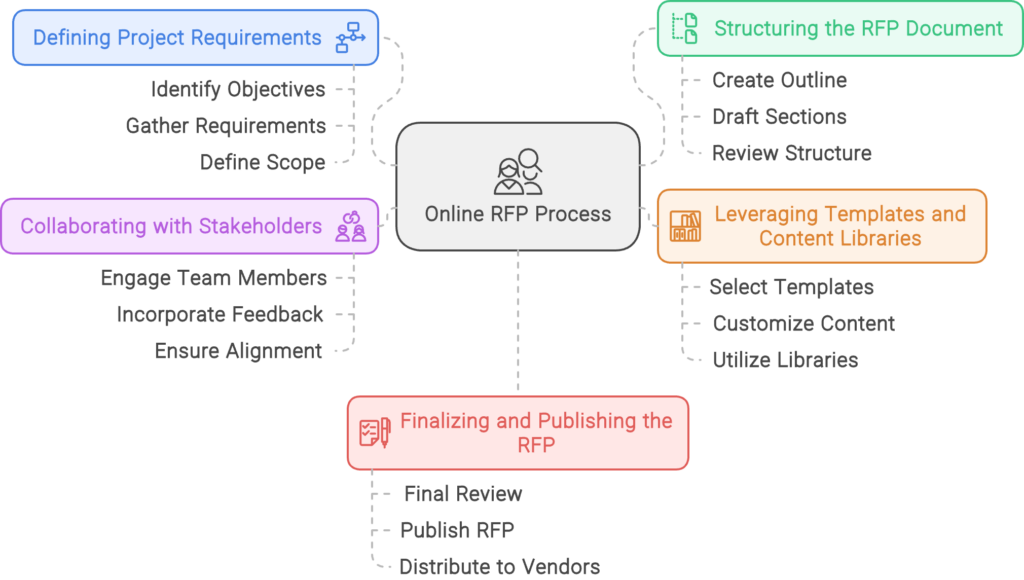Cloud computing is changing how businesses handle supplier management. It’s a way to use the internet to store and manage information about suppliers. This new approach is making things easier and more efficient for companies of all sizes.
Key Takeaways
- Cloud-based supplier management centralizes data and enables real-time collaboration
- Advanced analytics and reporting improve decision-making
- Scalability allows systems to grow with business needs
- Cost savings and increased efficiency are major benefits
- Integration capabilities enhance overall business processes
Let’s look at how cloud-based supplier management is different from old methods and why it’s becoming so popular.
How Supplier Management Technology Has Changed
In the past, companies used paper files or computer programs that only worked on one computer to manage supplier information. This made it hard to share data and work together. Now, cloud-based systems let everyone access the same information from anywhere with an internet connection.
More and more businesses are switching to cloud-based supplier management. Experts say this market will keep growing as companies see how helpful it can be. The change from old methods to cloud-based solutions is a big improvement in efficiency and accessibility.
Cloud technology is making a big difference in how companies work with their suppliers. It’s helping them save money, work faster, and make smarter choices. Supplier management is becoming easier and more effective with these new tools. Being able to access and update supplier information right away has changed how businesses operate and make decisions.
Important Features of Cloud-Based Supplier Management Systems
Cloud-based supplier management systems have several important features that make them useful:
1. Centralized supplier data management: All information about suppliers is kept in one place that’s easy to access. This helps keep information consistent across the company.
2. Real-time collaboration: People from different parts of a company can work together on supplier tasks at the same time. This helps communication and makes decision-making faster.
3. Advanced analytics and reporting: These systems can analyze data and create reports that help companies understand their suppliers better. This can lead to better relationships with suppliers.
4. Scalability and flexibility: As a company grows, the system can grow with it, handling more suppliers and more complex needs. This means the system stays useful no matter how big or complex the business gets.

These features help businesses manage their suppliers more effectively. They can see all the important information in one place and make decisions based on up-to-date data. E-sourcing tools are a big part of this, making it easier to find and work with the best suppliers. Adding e-sourcing tools to cloud-based systems makes it even easier to choose and manage suppliers.
Benefits of Cloud-Based Supplier Management
Using cloud technology for supplier management brings many benefits to businesses:
1. Better visibility: Companies can see all their supplier information clearly, which helps them understand what’s happening. This helps them make better decisions and manage risks.
2. Improved teamwork: People from different departments can work together more easily on supplier-related tasks. This often leads to better strategies for working with suppliers.
3. Saving money: Cloud systems often cost less to run than old-fashioned methods, and they can help find ways to save money with suppliers. This helps reduce overall costs.
4. Smarter decisions: With all the data in one place, it’s easier to make good choices about suppliers. Being able to look at trends and performance helps create better relationships with suppliers.

These benefits make a big difference in how companies work with their suppliers. For example, reverse auctions can help businesses get better deals from suppliers, all managed through the cloud system. Adding these tools to cloud platforms makes the whole process of buying things better.
Best Ways to Use Cloud-Based Supplier Management
To get the most out of cloud-based supplier management, companies should follow these tips:
1. Set clear goals: Know what you want to achieve with the new system before you start. This helps in choosing the right solution and measuring success.
2. Get everyone on board: Make sure all the important people in your company support the change. This is crucial for making sure the new system is used successfully.
3. Clean up your data: Before moving to the cloud, make sure your supplier information is accurate and up-to-date. Good quality data is essential for the new system to work well.
4. Take it step by step: Start with a small part of your supplier management and slowly add more over time. This makes the change smoother and easier to fix problems.

Following these steps can help make the switch to cloud-based supplier management smoother. It’s part of a bigger trend in e-procurement, which is changing how companies buy things and work with suppliers. Using cloud-based supplier management as part of broader e-procurement strategies can lead to more efficient buying processes.
How Cloud Systems Connect with Other Software
Cloud-based supplier management systems can connect with other business software, which is very helpful. Here’s how they do it:
1. API-driven integration: This lets the supplier management system talk to other software easily. APIs help different systems share data smoothly, making the whole business run better.
2. ERP system connectivity: The cloud system can work with the main business software that many companies use. This makes sure all business processes and data are consistent.
3. Real-time data syncing: Information updates in one system can show up right away in another. This means all departments are working with the most current information.

These connections make it easier for different parts of a business to work together. It’s part of improving the whole procure-to-pay process, which covers everything from finding suppliers to paying them. Smoothly connecting supplier management with other business processes leads to more efficient operations and better control of money.
Conclusion
Cloud-based supplier management is changing how companies work with their suppliers. It’s making things faster, cheaper, and smarter. As more businesses see the benefits, this technology will become a normal part of how companies operate. Cloud technology keeps improving, promising even better features in the future.
For companies thinking about switching to a cloud-based system, it’s important to choose the right tools and plan carefully. With the right approach, cloud technology can make supplier management much easier and more effective. The potential for better supplier relationships, cost savings, and improved efficiency makes cloud-based supplier management a valuable investment for businesses of all sizes.



